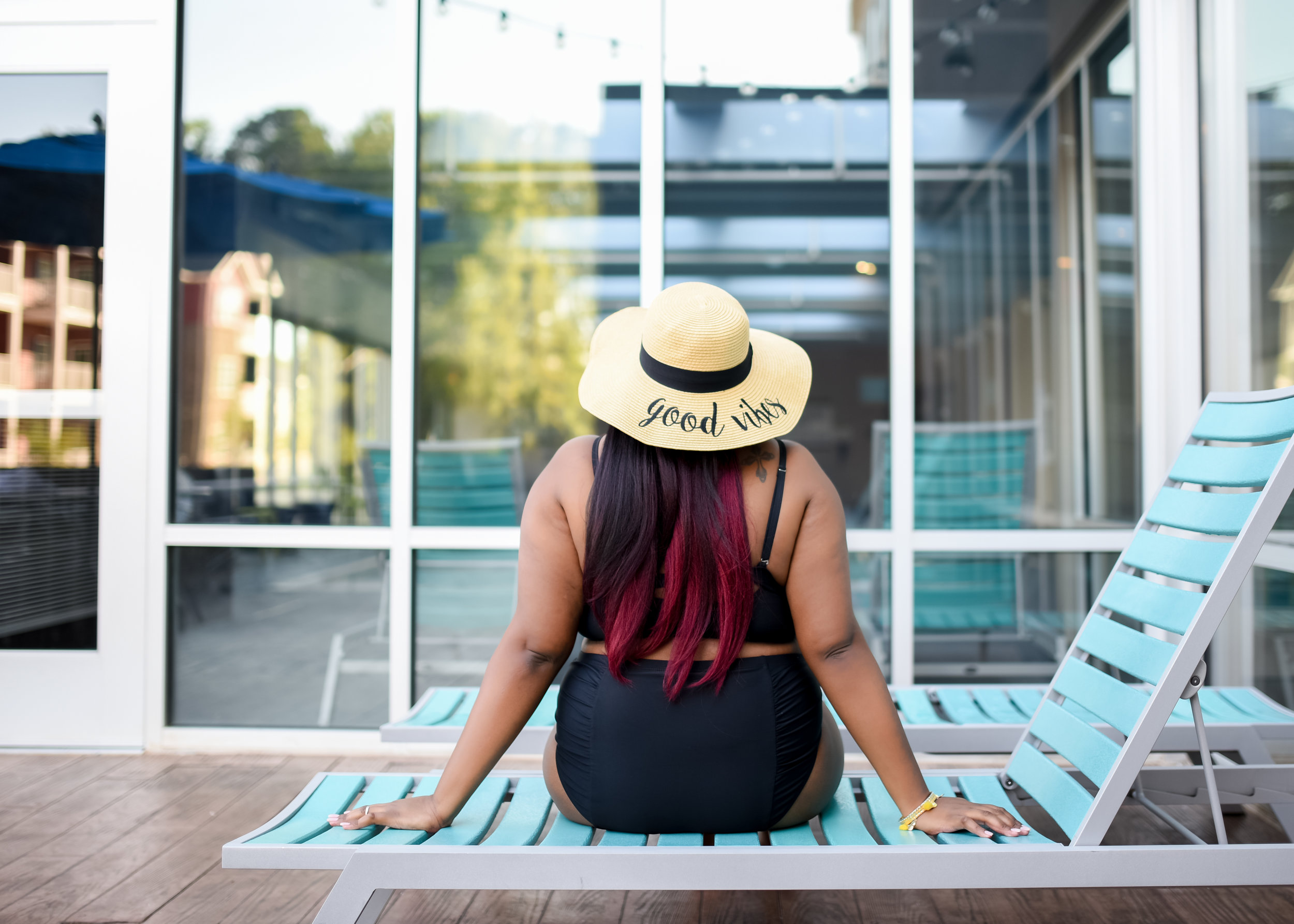Four Important Lessons to Come From Self-Isolation
/During self-isolation and social distancing, we go through the motions every single day. We’re all having to adapt to a new normal- and quickly. This in itself can have profound effects on our emotions and mental health.
So, in case nobody has asked you:
How are you? Fine? Terrified? Grateful? Sad? Motivated? Anxious? Joyful? Tired? Done?
All of the above within any given minute of the day? You’re not alone.
There’s no expectation for you to have to feel any which way at any point during this time.
We might not all have the same tools to plan the perfect homeschooling program with every hour meticulously planned out. We may be letting the kids eat cereal for dinner. Some days you just do nothing. Whatever makes you feel calm amidst the chaos, spend more time doing those things. This website will help with some of the things you might need to calm down- puppies make everything better! However you manage your day to day life- remember, it’s FINE. You’re surviving one of the biggest worldwide pandemics in our age, and that surely has to count for something.
At the end of the day, regardless of what goes on in your head daily, or what goes on throughout the day, you’re doing a great job.
So, in this weird time of self-isolation, there’s plenty of universal things that we have all had to learn pretty quickly. Here are some of them.
How to Manage Our Fear
We can’t control what happens to us in life, only how we react to them.
One of the universal feelings that everybody is experiencing at this moment in time is this: fear. Fear quite often releases adrenaline and puts people into ‘fight or flight’ mode. This translates to two different types of fear that you may have come across amidst the pandemic.
Neurotic Fear
The first is neurotic fear. It was all over the news about people panic buying certain products such as toilet paper and dried and canned foods as though stores would immediately close and there’d be no way to wipe our butts. The problem with this type of behavior is that while it was evident that people’s survival instincts were on overdrive, quite often it was more vulnerable people that were affected the most. Imagine being 80 and only being able to get to the store once every two weeks to find there are no essentials left on the shelves? No thank you. You can still want to look after the basic needs of your family without displaying selfish behavior that comes with panic buying.
Wisdom Fear
The second is wisdom fear. This is another survival thing that has a more positive impact on both us and on others around us. An example of this is washing our hands (though to be honest with you, we should have been doing this anyway!) We’ve all been told that we should be washing our hands for at least 20 seconds and staying home where possible. Fear can lead us to do this to excessive levels, but this wisdom fear mainly impacts people positively, as doing so means protecting yourself and others from the impact of Covid-19.
You don’t have to learn new skills
‘With so much time on our hands, there’s no excuse to not learn new things!’ Not true! Every one of us manages trauma in an entirely different way to the next person.
While for some keeping busy with learning new things is the best coping mechanism for them, for others, laying low and doing not very much at all is the thing that keeps them going.
For the busy people- this may be an opportunity to spend more time honing skills you already have- create more music if that’s what you enjoy doing. If you like baking, keep making those tasty treats for people to enjoy (This is also a great excuse to deliver baked goods to friends-safely-, too!)
Don’t let yourself feel judged for not having the capacity to take on anything else other than survival at this time. If a few weeks ago you started learning Mandarin on your language learning app and now you don’t feel like it- that is absolutely fine.
The same goes for the other way around. If you are suddenly compelled to learn to sew a dress out of old bedsheets, go ahead and try that. There’s no timeline dictating as and when you should pick up or put down a hobby.
If people’s Instagram pictures of their creative achievements are making you feel less than your best- just mute them for a while. You can always come back to them when you’re in a better place mentally.
Naps are not optional
Humans are often really good at dealing with situations of stress. Our bodies create natural response reactions to these moments- such as goose pimples when we get cold, or sweat when we get hot.
After several weeks of social distancing, a break from the usual routine may well have lost its novelty and is beginning to take its physical toll on you.
Here, it’s important to listen to your physical needs. It’s tempting to push your needs to one side during stressful situations but this might lead to acting in a way that is pretty counterproductive to your needs. For example- not eating when you’re hungry will just make you hangry.
Additionally, while fighting these weird feelings you’ve got going on, you’re likely finding yourself falling asleep in front of shows that would normally have you gripped. Ignoring warning signs of exhaustion will mean that all hell will break loose later down the line-isn’t that right, parents of toddlers?
Don’t let yourself get to the point of tiredness where you become teary and overwhelmed- take that nap if you need to, nobody’s judging!
Distance really does make the heart grow fonder
One of the most challenging things about the pandemic is being forced to stop the things we enjoy doing. Going to the salon is out of the question- and that not only means questionable hairstyles coming out of quarantine, it also means missing out on the overall connection of conversation from your stylist.
Quarantine means not being able to brunch with friends and to go and drink coffee with your mom, and that in itself can be really hard on some people. You should not let your happiness be governed by external circumstances, but, instead, create your own happiness by connecting with loved ones.
Thanks to the vast selection of video conferencing apps, we can do this better than ever. We’re able to find new and imaginative ways of connecting with friends.
When you’re not able to connect with people physically, you gain a deeper connection with loved ones that are far away from you.
More and more people are signing up to support those around them. They are showing that they believe in kindness, love, and forgiveness by dedicating themselves to the service of others, rather than simply on themselves.
Communities are coming together to help those that are less fortunate than themselves, all while connecting with neighbors they may not have spoken to in a while.
So, here are just some of the things that we have been taught while self-isolating at home.
Whatever we have learned through this pandemic, the greatest of them is compassion and kindness- to both ourselves and the others around us.
The world is still turning, and lovers are still loving. How can you be kinder to yourself today?



